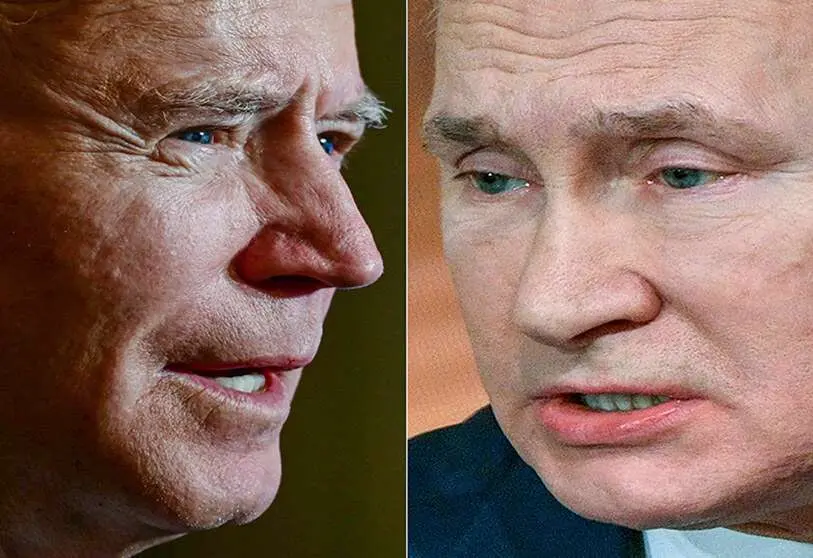New tension between the superpowers

President Joe Biden, who inaugurated his mandate in peace, has begun to show his teeth in the face of his potential enemies. The new flashes of US foreign policy give the impression of a return to Cold War times, with clear warnings to the two superpowers, Russia and China, with whom he has traditionally maintained ideological differences and differences over political principles such as democracy and freedom.
With Russia, the president himself has started a new spat by calling his Russian colleague Vladimir Putin a murderer. This is undoubtedly a strong insult that many see as revenge for Moscow's involvement in the presidential election that brought Donald Trump to the White House. Then Biden's campaign was tarnished from the outset by "fake news" aimed at discrediting him.
As will be recalled, Biden had to face harsh accusations of corruption based on the presence of his son during his time as an advisor to a Ukrainian company. Throughout the previous term, Putin and Trump's relationship was seen as abnormal; one of true allies and collaborators, not adversaries. The Kremlin's reaction was to recall the ambassador to Washington for consultations.
The poisoning of opposition figure Alexei Navalny and his imprisonment upon his return to Russia is the last straw for the US administration, which is at odds with many of the secret agreements the two heads of state are suspected of having made during their honeymoon period. With Biden, everything seems to indicate that the remnants of the old tension generated during the Cold War years will once again become active.
Things are no better with China, the other superpower challenging the United States for international supremacy. The first high-level diplomatic meeting between representatives of the two governments was held in recent days, and the meeting ended like the rosary of the dawn with accusations and mutual insults that are unusual in these times of meetings and, of course, without any agreement whatsoever.
Both Secretary of State Antony Blinken and the head of the Russian delegation, Politburo member Wang Yi, brought out the mutual grievances that pit the two regimes against each other. The US accused the Chinese of continued cyber-attacks against the free world and ongoing human rights violations against both Muslim minorities and Tibetans and, most recently, in Hong Kong where repression of freedoms has become a system.
For his part, the Chinese representative responded in the same angry tone, accusing the United States of considering itself the masters of the world, trying to impose its democratic system on other countries and limiting their independence. The meeting ended acrimoniously, leaving the question of whether the Chinese president will participate in the virtual summit on Earth Day, scheduled for 22 April, in doubt.

